Topamax Ruined My Life: Understanding the Risks and Side Effects
What is Topamax?
Topamax (topiramate) is an anticonvulsant medication prescribed for migraine prevention and seizure control. It belongs to carbonic anhydrase inhibitor anticonvulsants, which affect brain activity by altering electrical signals in the nervous system. While some consider it a miracle drug, others have experienced severe side effects that negatively impact their quality of life.
Uses of Topamax in Medicine
Topamax is used to treat various medical conditions, including epilepsy, chronic migraines, bipolar disorder, and mental health disorders. Some doctors also prescribe it as an adjunctive treatment for mental health issues and weight management.
Role in Epilepsy Management
As an antiepileptic drug, Topamax stabilizes brain chemistry and prevents partial seizures by controlling electrical activity in the brain. However, it comes with potential side effects, including memory loss, cognitive impairments, and double vision.

Role in Migraine Prevention
For migraine headaches, Topamax reduces migraine attack frequency, especially for individuals experiencing 1-2 migraines per week. However, its effectiveness varies from person to person, and some report cognitive decline and mental fogginess as a result of long-term use.
Common Side Effects of Topamax
Many patients experience common side effects, such as appetite suppression, loss of appetite, gastrointestinal effects, mental fogginess, and visual disturbances. These can disrupt daily activities and overall quality of life.
Cognitive Impairments and Memory Issues
Topamax is notorious for causing cognitive difficulties, including brain fog, memory lapses, memory loss, and cognitive decline. These cognitive effects can interfere with daily routines, professional life, and mental health conditions.
Mood Changes and Emotional Impact
Patients have reported mood swings, emotional instability, and depressive symptoms while on Topamax. Some even experience suicidal ideation, making medical supervision crucial when using this prescription medication.
Weight Loss and Its Consequences
Many users experience excessive weight loss due to appetite loss. While some see this as beneficial, others develop nutritional deficiencies, muscle spasms, and metabolic effects that require dosage adjustments.
Serious Risks Associated with Topamax
Beyond its common risks, Topamax poses severe withdrawal effects and long-term consequences.
Potential for Addiction
Although Topamax is not classified as an addictive substance, some people develop a risk of dependence, leading to prescription drug abuse. It is crucial to follow the prescribed dosage and avoid misuse.
Interactions with Other Medications
Topamax interacts with birth control pills, antidepressant drugs, migraine medications, and anticonvulsant medications. These interactions can reduce the effectiveness of birth control and increase adverse reactions.
Risk of Kidney Stones and Other Medical Issues
Long-term use can cause risk of kidney stones, metabolic acidosis, and bone health problems. Some patients experience constent chest pains, blood in urine, breathing difficulties, and shortness of breath.
Withdrawal Symptoms After Discontinuation
Discontinuing Topamax suddenly can trigger severe withdrawal symptoms, including risk of seizures, abdominal pain, blurred vision, mental health challenges, and uncomfortable withdrawal symptoms. A gradual tapering plan under healthcare professionals’ guidance is necessary to minimize uncomfortable withdrawal effects.
Personal Testimonials: Real-Life Experiences
Many individuals have shared their struggles with Topamax. Stories of cognitive issues, mood regulation problems, depressive symptoms, and alterations in mood highlight the potential risks associated with this dangerous medication.
Seeking Professional Help
If Topamax has negatively affected your daily life, seeking help from compassionate professionals is essential. Specialized outpatient treatment programs and luxury rehabs, such as Renaissance Recovery and Boardwalk Recovery Center, offer addiction treatment programs for those struggling with prescription drug addiction.
Alternative Treatments to Consider
Instead of Topamax, consider alternative treatment options such as:
- Non-pharmacological therapies (diet changes, hydration, acupuncture)
- Alternative therapies (holistic recovery, controlled conditions)
- Evidence-based treatment for mental health disorders and diabetic neuropathy

Dosage Guidelines for Safe Use
Topamax should always be taken under regular monitoring by a healthcare provider. Medical supervision ensures dosage adjustments are made to avoid bothersome symptoms and adverse effects.
Chemical Makeup of Topamax
Topamax alters brain chemistry balance by affecting sodium channels and voltage-gated sodium channels. It impacts pain perception and response, making it an effective treatment but also increasing the risk of misuse.
Frequently Asked Questions About Topamax
Can Topamax cause long-term side effects?
Yes, long-term use can result in cognitive side effects, metabolic acidosis, and fetal risk during pregnancy.
Is Topamax effective for weight gain?
No, it is more commonly associated with major weight gain in some and excessive weight loss in others.
Can Topamax cause addiction?
While not a narcotic drug, some individuals develop a risk of addiction, requiring medication-assisted treatment at a drug rehab center.
What should I do if I experience severe withdrawal effects?
Seek immediate help from a healthcare provider or contact a poison control center for guidance on an effective detox process.
Conclusion: Understanding the Impact of Topamax
Topamax can be an effective treatment for migraine prevention and epilepsy management, but it carries severe side effects that impact daily tasks, mental health issues, and professional life. Those struggling with adverse effects should explore alternative treatment options and seek guidance from healthcare professionals for a safer treatment plan.

FAQ's
Topamax can cause cognitive impairments, including brain fog, memory lapses, and difficulty concentrating. Other common side effects include appetite suppression, weight loss, mood swings, double vision, metabolic acidosis, and visual disturbances. Some people also experience mental fogginess, depressive symptoms, and emotional instability, which can impact daily life and professional responsibilities.
Yes, long-term use of Topamax is linked to cognitive decline, risk of kidney stones, metabolic acidosis, bone health issues, and mental health challenges such as anxiety symptoms and depressive symptoms. Some patients report persistent headaches, mood regulation problems, and severe withdrawal effects after stopping the medication. Due to these potential risks, regular medical supervision and dosage adjustments are necessary.
Stopping Topamax suddenly can lead to severe withdrawal symptoms, including risk of seizures, major mood swings, abdominal pain, nausea, visual disturbances, and excessive weight loss. In some cases, individuals experience shortness of breath, suicidal ideation, muscle spasms, and cognitive side effects. It is recommended to follow a gradual tapering plan under the guidance of a healthcare provider to minimize uncomfortable withdrawal effects.
Yes, several alternative treatment options are available for migraine prevention and epilepsy management. These include other migraine medications, antiepileptic medications, antidepressant drugs, and non-pharmacological therapies such as dietary changes, hydration strategies, acupuncture, and holistic recovery programs. Patients should consult healthcare professionals to determine the best evidence-based treatment for their specific condition.










